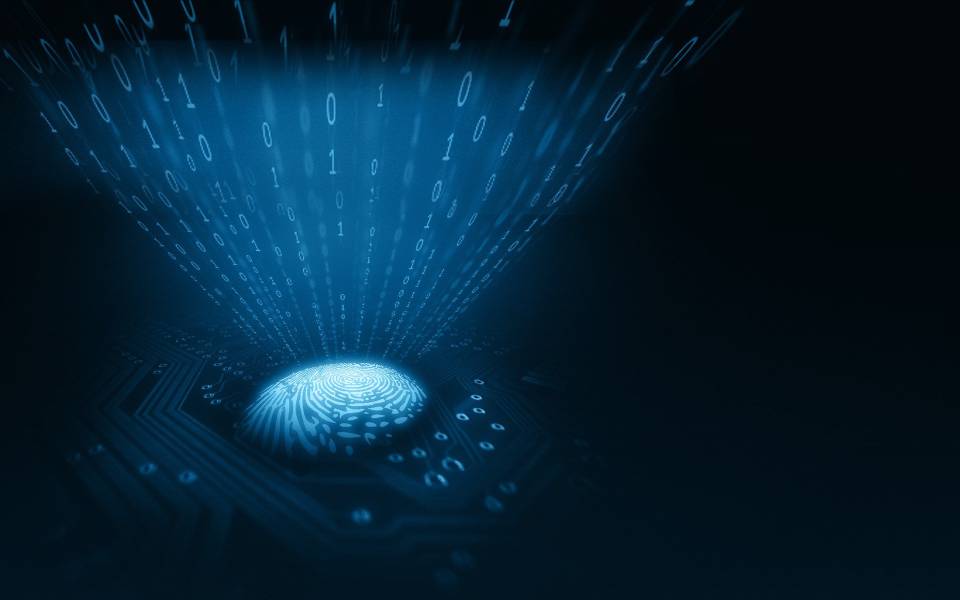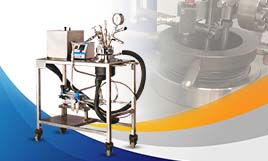What we require to know about polymer analysis?
Polymer analysis is an exceptionally holistic method not like other quality control and assurance processes for raw materials. Numerous monomers make polymeric materials that are bound together through a series of covalent bonds with interlinked carbon atoms. The polymers are omnipresent. They are found in a broad range of industries such as construction, engineering and so many commercial products. Usually, after the polymerization process, analysis of the raw materials is performed and any kind of deformations or vulnerabilities can be easily revealed through polymer analysis. There are several techniques to do polymer analysis.
The method of polymer analysis is robust and plays a vital role because, in modern life, rubbers, plastics and so many other materials are creating impacts. So, it is quite important to gain in-depth knowledge about polymers through polymer analysis. Chemists can gain a deep understanding of polymeric materials by exploring the parameters such as molecular weight, structure, thermal characteristics, and morphology.
BCL is offering you varied equipment that is necessary for polymer analysis. These excellent and top quality polymer analysis equipment are from a reputed company - NETZSCH and among them, differential scanning calorimetry (DSC) is one of the top-notch products. Due to the versatility of Differential Scanning Calorimetry, it is considered to be the most-implemented thermal analysis process. Differential scanning calorimeter is the thermal analysis process where heat flows into/out of the sample is measured.
What are the features of Differential Scanning Calorimetry (DSC)?
There are so many features of our supplied differential scanning calorimetry. Have a glance at those:
> This equipment works following the principle of heat flow & is characterised by 3D symmetrical construction with similar heating.
> The sensors present in this equipment have high calorimetric sensitivity with short time constants & condensation less chamber of samples ensures high detection sensitivity.
What is the information that can be obtained from Differential Scanning Calorimetry?
> Characteristic temperatures such as melting, crystallisation, polymorphous transitions, glass transition, reactions)
> Crystallinity of the semi-crystalline substances
> Decomposition and thermal stability
> Oxidative stability
>Degree of curing in adhesives, resins etc.
>Eutectic purity
>Specific heat (cp) and so many to name.
What are the applications of Differential Scanning Calorimetry?
There are loads of applications of Differential Scanning Calorimetry. A few of them are:
>Cooling systems
>Gas control units
> Auto-sampler unit
> photochemical reaction measurements
> Compact solids (components, molds etc.)like rubbers, plastics, resins or other organic materials, glass, ceramics, composites, metals & building materials
>Textile and fiber industries
> For real-time sample or material observation measurements.
> Perfect for applications in academia and research, quality control and material development.
We hope you have come to know the importance of polymer analysis and how differential scanning calorimetry is vital equipment for this analysis. Reach out to the reliable and best differential scanning calorimetry providers for selecting great options.








